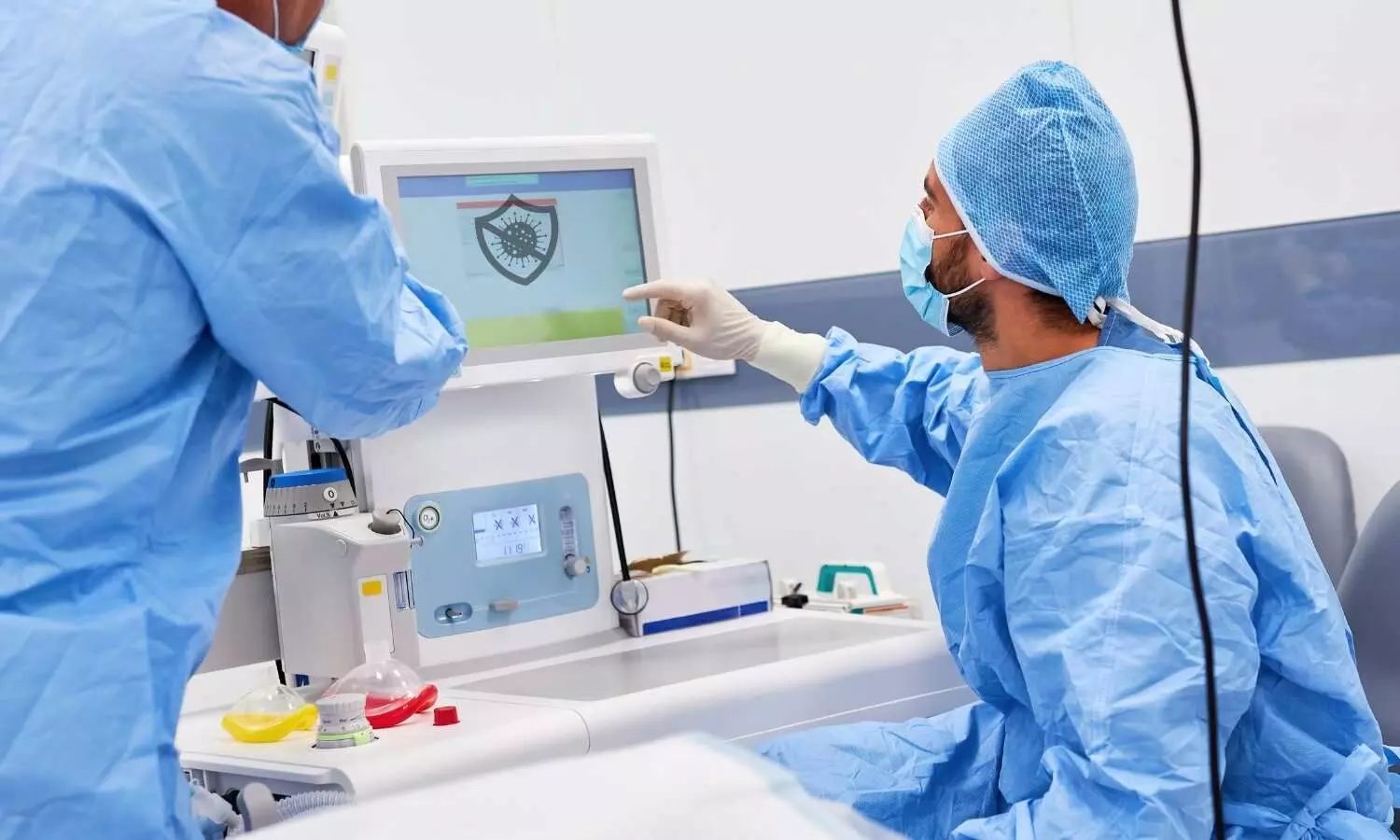Zoonotic Disease Surveillance Expanded in India Under National One Health Mission

Pune: The National One Health Mission (NOHM) is conducting focused studies on migratory birds and slaughterhouses to prevent zoonotic spillovers, according to Dr. Naveen Kumar, Director at the ICMR-National Institute of Virology (NIV), Pune.
Launched in 2022, the NOHM adopts a “One Health” approach aimed at proactively identifying and managing risks from diseases that can transfer between animals and humans. “Of the infectious diseases, particularly the viral diseases, more than 70 per cent are zoonotic in nature,” Dr. Kumar said. “That means, if you want to control the disease in human, you have to control or need to adopt the measures to controlling the disease in animal, the vectors in environment,” he added.
The mission involves coordination between more than 13 ministries and departments, including Health and Family Welfare, Fisheries, Animal Husbandry, Environment, Agriculture, Science and Technology, and AYUSH. These agencies are working to establish integrated surveillance systems across human, animal, and environmental health.
Dr. Kumar said the idea for the mission gained urgency during the COVID-19 pandemic, when only NIV had a Bio-Safety Level-4 (BSL-4) lab — India’s highest-level containment facility for handling dangerous viruses. “During the middle of the pandemic, it was realised that if we would have more labs like we have in NIV, so our response time could have been much shorter as compared to what it was during the Covid pandemic,” he said.
A National One Health Institute is being set up in Nagpur under the mission. While construction is ongoing, scientific work has already started. “The National One Health Institute will undertake the active surveillance of different viruses in humans as well as in different animals, wildlife, insect and other vectors,” Dr. Kumar said.
To support these efforts, a national network of BSL-3 labs has been created for handling high-risk pathogens. Four new regional NIV centres are also planned in Bengaluru (South), Jammu (North), Dibrugarh (East), and Jabalpur (Central) to strengthen response capacity.
One of the current studies under the mission focuses on migratory birds, which may carry new viruses into India during winter. “In winter-time, lot of the migratory birds from northern hemisphere, they are coming to India, and they are maybe coming up with the new viruses and the animals or humans who are in close contact in vicinity of these migratory birds, so their spillover infection can take place,” he said.
A study launched in April is being carried out in bird sanctuaries and wetlands across Sikkim, Maharashtra, and Tamil Nadu. It aims to create a real-time surveillance model by sampling birds and environmental sources and using diagnostic tools like Next Generation Sequencing (NGS) to detect emerging pathogens.
Another study is monitoring zoonotic risks in slaughterhouses. “We are also having a network project on slaughterhouse which is closely monitoring the people, humans who are working there, animals and environment,” Dr. Kumar said.
The NIV continues to serve as a key resource institution under the mission, providing training and building capacity among various stakeholders.


